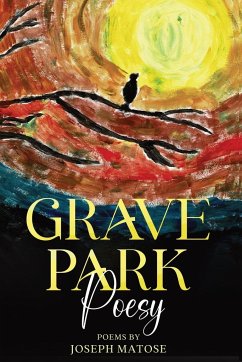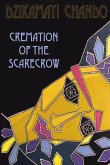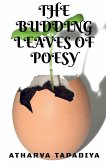In this collection, Joseph Matose asks how the world of the living is seen and remembered by those who have died. To answer his question, he presents a range of voices - glad and sorrowful, expectant and frustrated, truthful and untruthful, lascivious, gossipy, dreamlike, ironic, cynical, moral, religious, and even claiming to be wise - purporting to come from the residents of graveyards. Between them, they paint a picture of human affairs they can observe, imagine or remember but - crucially - can no longer take part in or influence. A world in which, although letters and words - the poet's own tools - must be prized, they also represent the medium of lies and inaccuracies preserved on gravestones or uttered by those left behind. A world where widows and widowers too-readily relinquish faithfulness and devotion, politicians are not to be trusted, and men commit violence on wives. Nevertheless, through all these voices an overall message of hope can - just about - be heard: the poems also cite much that is to be appreciated in human life and human affairs, and end with a heartfelt celebration of the greatness of Nelson Mandela. - Phil Vernon








